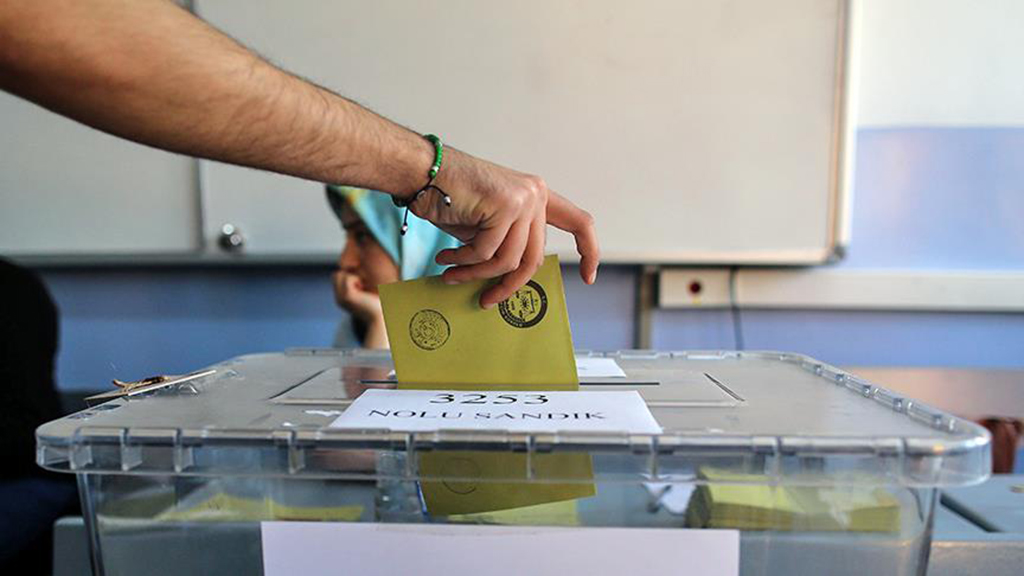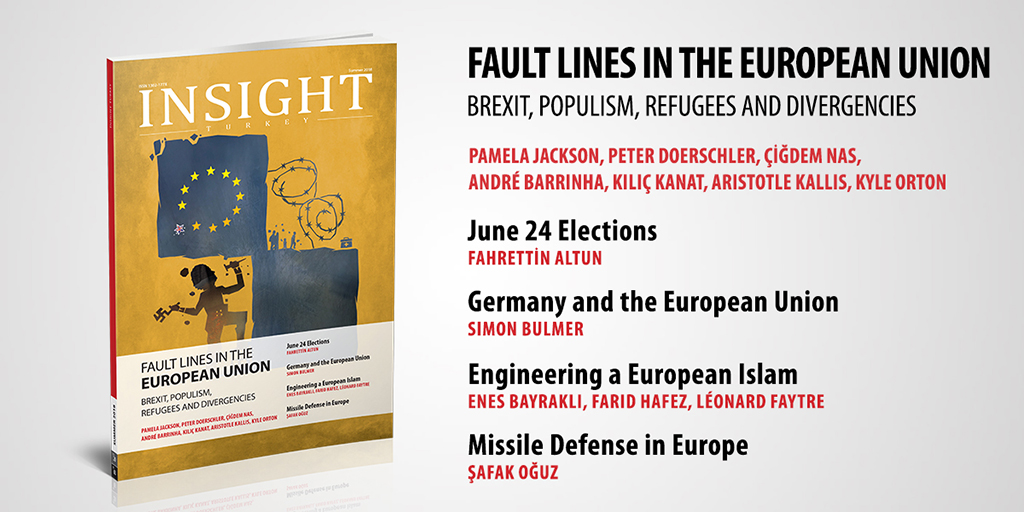
Five reasons why Turkey is holding snap elections
Turkey will be holding snap elections on June 24. President Recep Tayyip Erdoğan announced the decision to hold early elections on Wednesday.
Share
Turkey will be holding snap elections on June 24. President Recep Tayyip Erdoğan announced the decision to hold early elections on Wednesday. A day before Erdoğan's announcement, Nationalist Movement Party (MHP) Chaiarman Devlet Bahçeli had called for holding early elections, and the two leaders united over this. Just after this, Erdoğan expressed that he and Bahçeli were in accord over the matter of early elections. Bahçeli had spoken about Aug. 26 being the election date, but Erdoğan announced that presidential and parliamentary elections would be held on June 24.Erdoğan is someone who is known for his sensitivity in holding elections when they are supposed to happen throughout his political career. In fact, emphasizing this fact during his speech and expressing that up until now his own approach had been to hold elections in 2019, Erdoğan stated that due to various reasons his party had decided to hold snap elections.
We can say that there are fıve fundamental justifications behind Erdoğan's decision to hold elections early. The first is the offer by the MHP, with whom a successful alliance has been established following the July 15 attempted coup, to hold early elections before the public.The second is the increasing severity of financial attacks against the Turkish economy and the disturbance this causes to domestic and international investors, and the difficulty this poses for investment in big public development projects.
The third is that Turkey has been in the mood for elections for 22 months. After the ruling Justice and Development Party (AK Party) and the MHP started collaborating 22 months ago, whether intended or not, this created an expectation for holding elections among both the public and the state apparatus. Pointing to November 2019 for when steps would be taken in the public and private sector caused stagnation in many sectors.The fourth is the opposition beginning to feel overwhelmed in front of the AK Party-MHP alliance and its attempted use of nondemocratic means and organization of street movements similar to that of Gezi. The sole common point bringing together the Republican alliance is that of being anti-Erdoğan. Among the opposition, however, what the counter to this anti-Erdoğan position will be in the area of democratic political competition, and around which leader this oppositional position will be transformed into political gains remains up in the air, without unanimity. In truth, they have not even announced a presidential candidate. Their actual expectations – up until the announcement of the snap elections – had been that uncertainty would continue until 2019 and that the negative developments that would effect Turkey would cause them to grow.
The fifth is that Turkey chose a presidential system on April 16, 2017 and since then has been in a transitional period. The transitionary laws required for the new governing system have been in the making since that day. But the resistance points and transitionary reflexes, especially in the government bureaucracy, have made it difficult for political actors in decision-making positions, which also makes enacting long-term policies difficult. In order to break the bureaucratic oligarchy and for the constitutional change agreed upon on April 16th to be enacted, Turkey has to hold snap elections.
What now? Although the opposition has expressed positive views about the decision to hold snap elections, they not as ready as the AK Party and MHP are for the elections. Their presidential candidate is still anybody's guess. But what is positive is that the Republican People's Party (CHP), the People's Democratic Party (HDP) and other opposition parties have gone back to the area of democratic competition instead of illegal street protests and have to prepare for an electoral race.It appears that for the institutionalization of political stability, for Turkey to dissipate the attacks it faces and to completely close the door to outside interventions, the entire world has to see, as soon as possible, who truly rules Turkey. Especially so that another unnecessary attempt at regime change in Turkey will not be carried out.
[Daily Sabah, 20 April 2018]
Tags »
Related Articles







